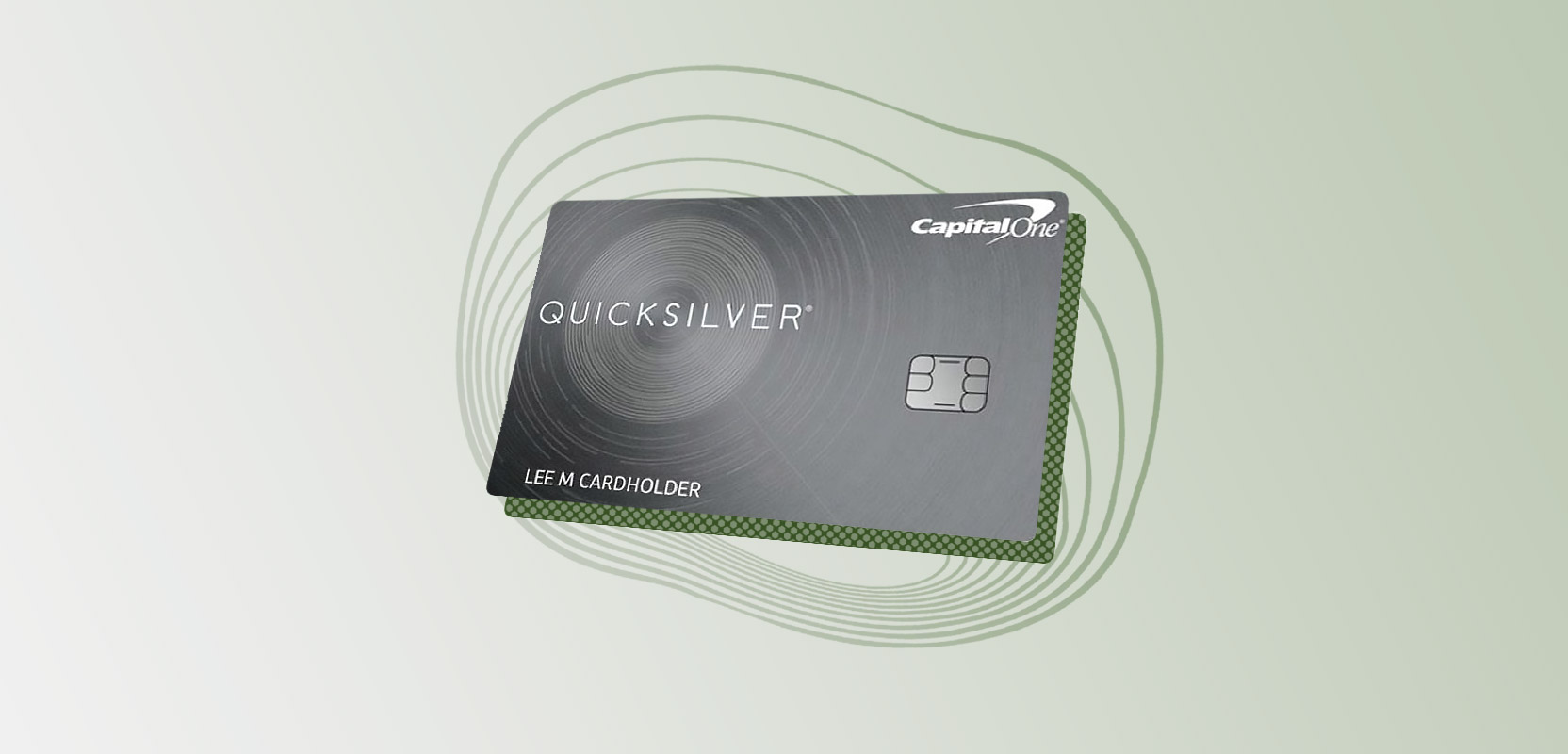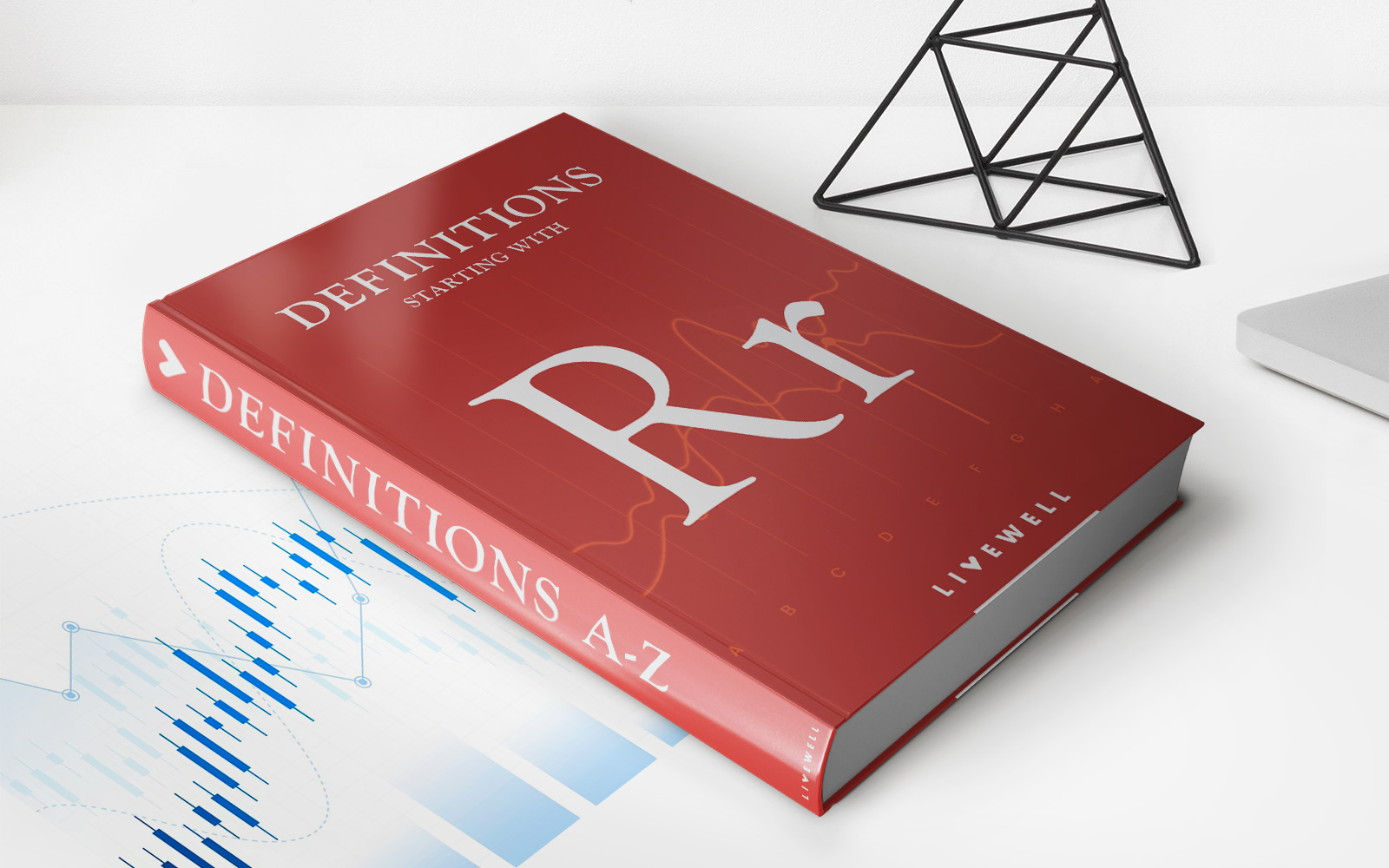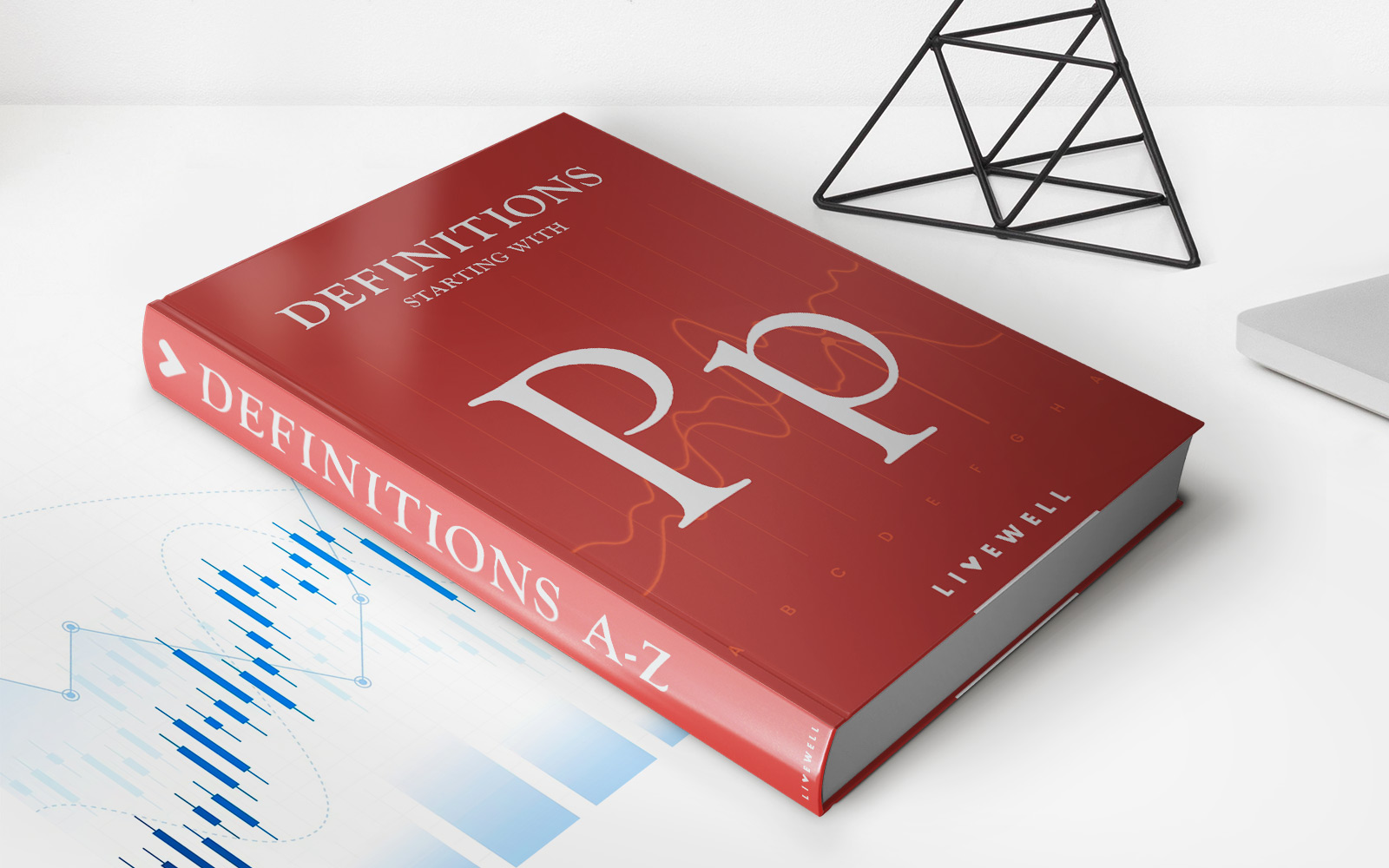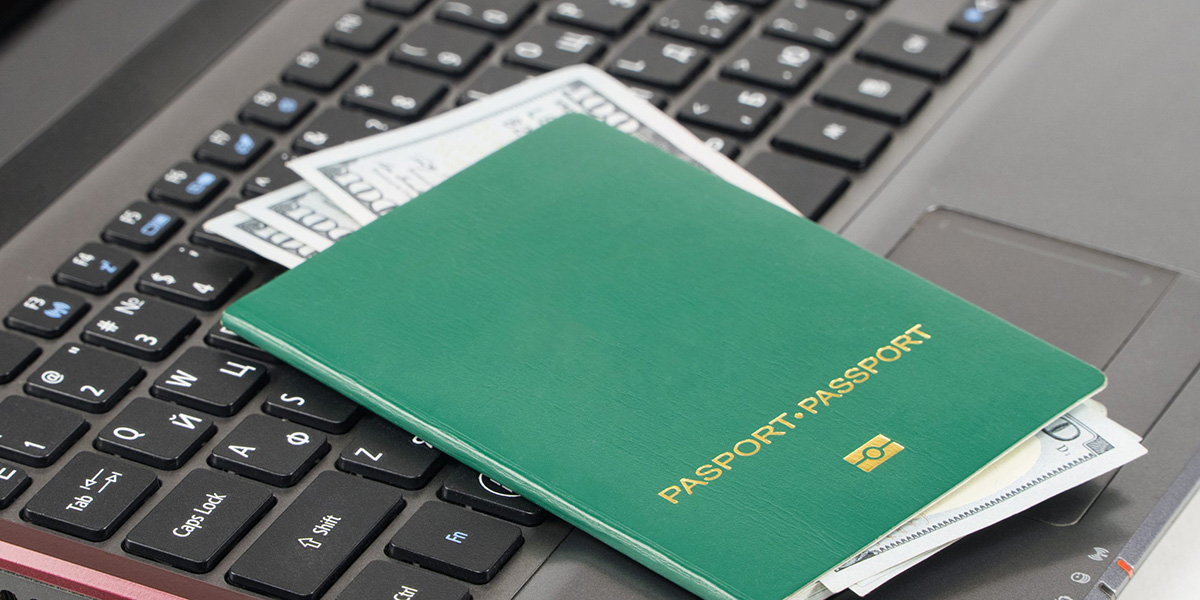Home>Finance>Capital One: Do I Have A Grace Period When The Bill Is Due?


Finance
Capital One: Do I Have A Grace Period When The Bill Is Due?
Published: February 20, 2024
Learn about Capital One's grace period for bill payments and manage your finances effectively. Find out how to avoid late fees and interest charges. Explore our finance tips now!
(Many of the links in this article redirect to a specific reviewed product. Your purchase of these products through affiliate links helps to generate commission for LiveWell, at no extra cost. Learn more)
Table of Contents
Understanding the Grace Period
A credit card's grace period refers to the time between the end of a billing cycle and the due date for payment, during which you can pay off your balance without incurring any interest charges. This period typically ranges from 21 to 25 days, allowing cardholders to carry a balance from one billing cycle to the next without accruing interest, provided the outstanding amount is paid in full by the due date.
The grace period is essentially a window of opportunity that empowers cardholders to manage their finances effectively. By taking advantage of this period, you can make purchases and defer the payment without incurring interest, provided you pay the balance in full by the due date. It offers a valuable opportunity to leverage short-term interest-free financing, enabling you to effectively manage your cash flow and optimize your budget.
Understanding the specifics of your credit card's grace period is crucial for making informed financial decisions. It's important to note that not all credit card transactions qualify for a grace period, especially cash advances and balance transfers. These transactions typically start accruing interest immediately, negating the benefit of the grace period.
By comprehending the nuances of the grace period, you can make strategic choices regarding your credit card usage. This knowledge empowers you to navigate the intricacies of credit card terms and conditions, enabling you to make informed decisions that align with your financial goals and priorities.
Factors Affecting the Grace Period
The duration of the grace period is influenced by several factors, including the credit card issuer’s policies, the specific terms of the cardholder agreement, and individual financial behaviors. Understanding these factors is essential for maximizing the benefits of the grace period and avoiding potential pitfalls.
1. Card Issuer Policies: Different credit card issuers may offer varying grace period durations, typically ranging from 21 to 25 days. It’s important to review the terms and conditions of your credit card agreement to ascertain the specific length of the grace period provided by your issuer.
2. Billing Cycle Timing: The timing of your credit card billing cycle can significantly impact the length of your grace period. If your billing cycle ends earlier in the month, you may have a longer grace period compared to a cycle ending later in the month. Understanding the billing cycle dates is crucial for optimizing the grace period.
3. Statement Delivery and Payment Processing: Delays in statement delivery or payment processing can affect the effective length of your grace period. It’s advisable to proactively monitor your statement delivery and payment processing timelines to ensure timely payment within the grace period.
4. Balance Carried Over: If you carry a balance from the previous billing cycle, the grace period may not apply to new purchases until the outstanding balance is fully paid. This can result in the accrual of interest on new transactions, impacting the effective utilization of the grace period.
5. Financial Discipline: Individual financial behaviors play a crucial role in leveraging the grace period effectively. Maintaining discipline in managing credit card expenditures and ensuring timely, full payments can maximize the benefits of the grace period while avoiding interest charges.
By considering these factors, cardholders can proactively manage their credit card usage to optimize the grace period, minimize interest costs, and enhance their overall financial well-being.
Importance of the Grace Period
The grace period holds significant importance in the realm of credit card management and personal finance. Understanding and leveraging this period effectively can yield numerous benefits for cardholders, contributing to prudent financial practices and cost savings.
1. Interest Savings: One of the primary benefits of the grace period is the opportunity to make interest-free purchases if the balance is paid in full by the due date. By taking advantage of this period, cardholders can avoid accruing interest on their credit card transactions, leading to potential savings and improved financial stability.
2. Financial Flexibility: The grace period offers a degree of financial flexibility, allowing cardholders to make purchases without immediate payment, provided the balance is settled within the specified timeframe. This flexibility can be particularly beneficial for managing cash flow and addressing short-term financial needs without incurring interest expenses.
3. Budget Management: Leveraging the grace period effectively enables individuals to align their credit card expenditures with their budgeting cycles. It provides a buffer for managing expenses, especially during times when cash flow may be constrained, offering a strategic tool for maintaining financial discipline and stability.
4. Payment Timing Optimization: Understanding the grace period empowers cardholders to optimize the timing of their credit card payments. By strategically leveraging this period, individuals can ensure that payments are made within the interest-free window, mitigating the risk of interest charges and enhancing overall financial efficiency.
5. Debt Management: For individuals carrying a balance on their credit cards, the grace period offers an opportunity to mitigate interest costs and accelerate debt repayment. By utilizing this period effectively, cardholders can allocate funds towards reducing their outstanding balances without incurring additional interest expenses.
Ultimately, the grace period plays a pivotal role in promoting responsible credit card usage and empowering individuals to make informed financial decisions. By recognizing its significance and leveraging it strategically, cardholders can navigate their financial obligations with greater confidence and control, fostering long-term financial well-being.
Tips for Maximizing the Grace Period
Maximizing the benefits of the grace period requires a proactive approach to credit card management and financial planning. By implementing strategic practices, cardholders can optimize this period to their advantage, fostering responsible financial habits and minimizing interest costs.
1. Monitor Billing Cycle Dates: Stay mindful of your credit card billing cycle dates to understand the timing of the grace period. By aligning your purchases with the beginning of the billing cycle, you can effectively extend the interest-free period, maximizing the benefits of the grace period.
2. Timely Payment: Ensure that payments are made well within the grace period to avoid interest charges. Proactively schedule payments or set up automatic transfers to settle the balance before the due date, optimizing the utilization of the interest-free window.
3. Avoid Balance Carryover: Aim to pay off the full balance each month to fully leverage the grace period for interest-free transactions. Carrying over a balance from the previous billing cycle can impact the applicability of the grace period to new purchases, leading to interest charges.
4. Strategic Purchase Planning: When possible, strategically time significant purchases to align with the beginning of the billing cycle. This approach can extend the grace period for these transactions, providing additional time to manage and settle the outstanding balance without incurring interest.
5. Utilize Budgeting Tools: Leverage budgeting tools and financial management apps to track your credit card expenditures and payment timelines. These resources can help you stay organized and proactive in managing your credit card usage, ensuring timely payments and effective utilization of the grace period.
6. Understand Transaction Categories: Be aware of the transaction categories that may not qualify for the grace period, such as cash advances and balance transfers. Exercise caution when engaging in these types of transactions to avoid immediate accrual of interest charges.
By implementing these tips, cardholders can harness the full potential of the grace period, optimizing their credit card usage and minimizing interest expenses. Proactive financial management and strategic utilization of the grace period can contribute to enhanced financial well-being and prudent credit card practices.














